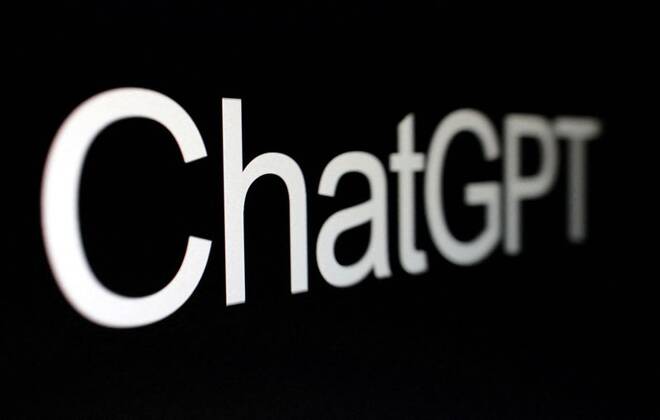Advertisement
Advertisement
U.S. Chamber of Commerce calls for AI regulation
By:
WASHINGTON (Reuters) - The U.S. Chamber of Commerce on Thursday called for regulation of artificial intelligence technology to ensure it does not hurt growth or become a national security risk, a departure from the business lobbying group's typical anti-regulatory stance.
WASHINGTON (Reuters) – The U.S. Chamber of Commerce on Thursday called for regulation of artificial intelligence technology to ensure it does not hurt growth or become a national security risk, a departure from the business lobbying group’s typical anti-regulatory stance.
While there is little in terms of proposed legislation for AI, the fast-growing artificial intelligence program ChatGPT that has drawn praise for its ability to write answers quickly to a wide range of queries has raised U.S. lawmakers’ concerns about its impact on national security and education.
The Chamber report argues policymakers and business leaders must quickly ramp up their efforts to establish a “risk-based regulatory framework” that will ensure AI is deployed responsibly.
It added that AI is projected to add $13 trillion to global economic growth by 2030 and that it has made important contributions such as easing hospital nursing shortages and mapping wildfires to speed emergency management officials’ response. The report emphasized the need to be ready for the technology’s looming ubiquity and potential dangers.
The report asserts that within 20 years, “virtually every” business and government agency will use AI.
A product of a commission on artificial intelligence that the Chamber established last year, the report is in part a recognition of the critical role the business community will play in the deployment and management of AI, the Chamber said.
Even as it calls for more regulation, the Chamber is careful to caveat that there may be broad exceptions to how regulation is applied.
“Rather than trying to develop a one size-fits-all regulatory framework, this approach to AI regulation allows for the development of flexible, industry-specific guidance and best practices,” the report says.
(Reporting by Suzanne Smalley; Editing by Aurora Ellis)
About the Author
Reuterscontributor
Reuters, the news and media division of Thomson Reuters, is the world’s largest international multimedia news provider reaching more than one billion people every day. Reuters provides trusted business, financial, national, and international news to professionals via Thomson Reuters desktops, the world's media organizations, and directly to consumers at Reuters.com and via Reuters TV. Learn more about Thomson Reuters products:
Advertisement
